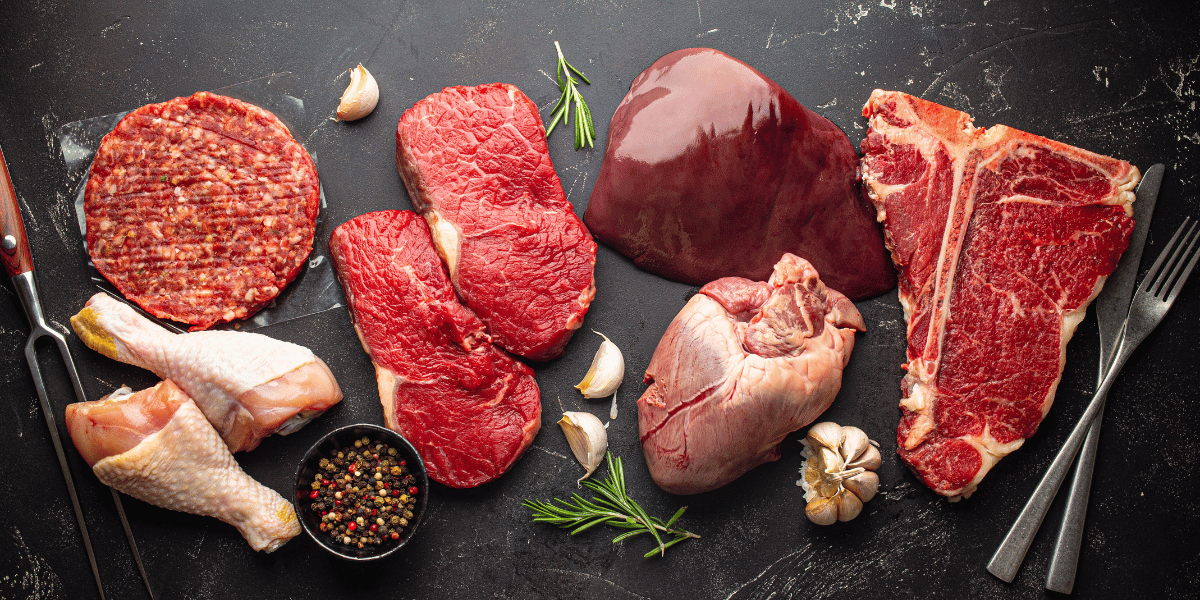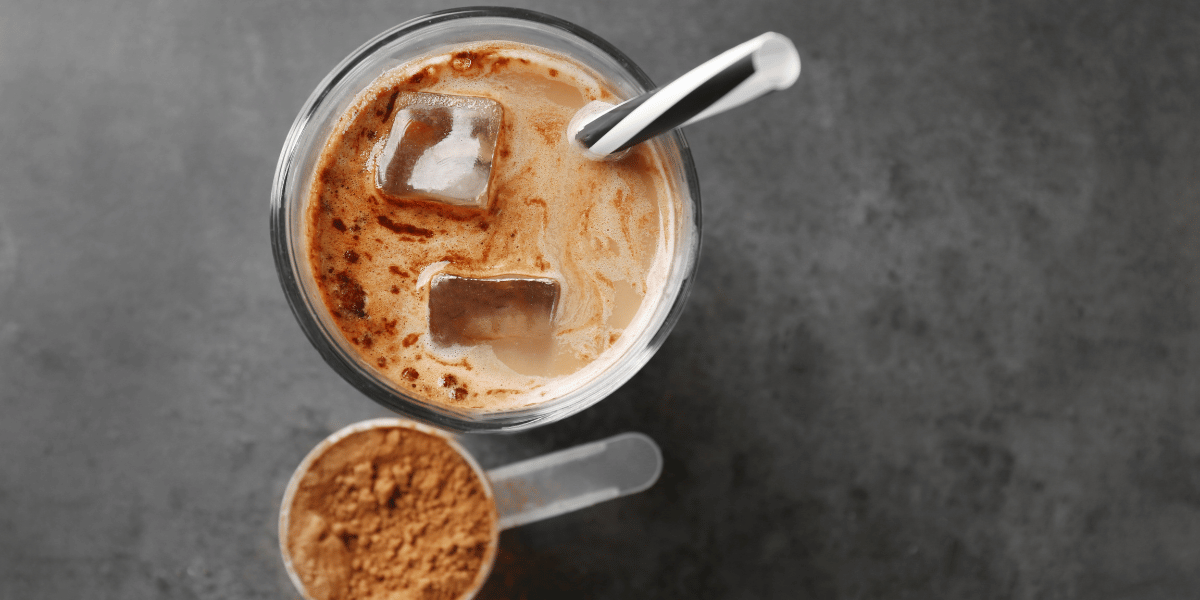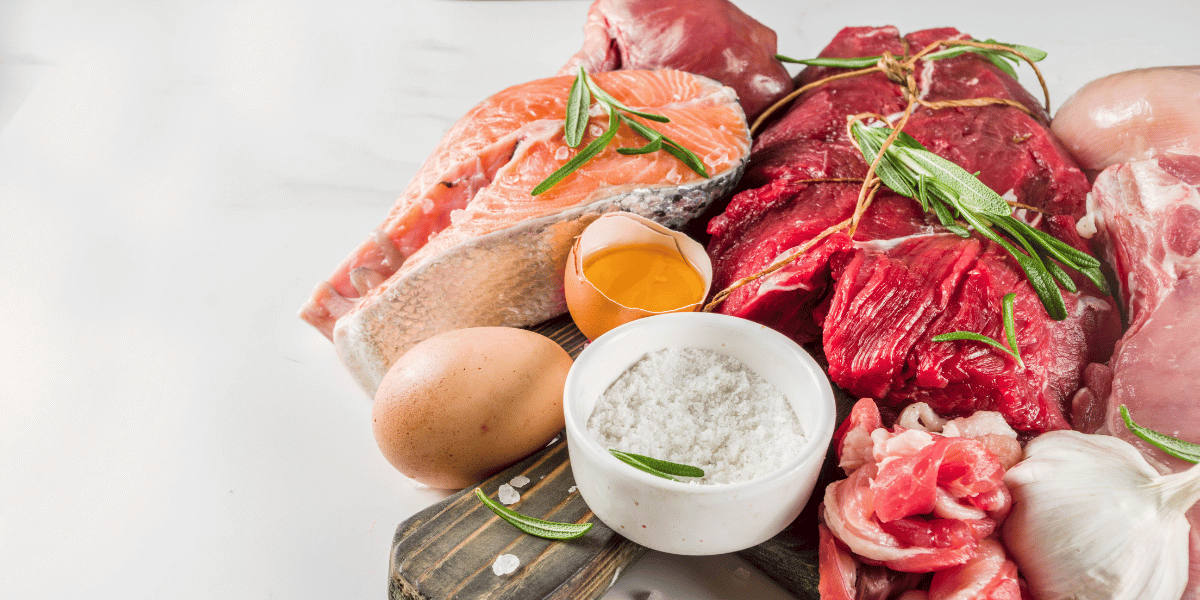Understanding the Protein Absorption Limit: How Much is Too Much?
Protein is an essential nutrient that supports the body by building and repairing tissues, producing enzymes and hormones, and maintaining immune...
.png?width=70&height=70&name=Stark_LogoMark%20(1).png)
To look better naked and perform at your best, you need to consume an adequate amount of protein. But how do you know the right amount to eat? What counts as low, moderate, and high protein intakes, and why does it matter? How can you meet your desired protein intake to better meet your fitness and wellness goals? Here are some of our most asked protein questions that will help you gain an understanding of protein intakes, protein shakes, and everything in between!
Many Americans use the RDA (recommended dietary allowance) to determine their protein intake. Here’s the thing: protein intake is not universal because people have different lifestyles, fitness goals, and diets.To determine your desired protein intake, you should first learn the differences between the three tiers. Dr. Jose Antonio says, “We know what low is: the crappy RDA (0.8 grams per kilo). It’s quite useless unless you sit on your butt all day. You can go low if you’re sedentary because, at the end of the day, it doesn't even matter since you’re not exercising.”
High protein intake starts when you exceed one gram per pound per day. Anything less than 1.4 is a low intake, and moderate is the range between those two. Dr. Antonio adds “to me, the baseline for anyone who trains should be 2.2 grams per kilo — meaning one gram per pound.”
Protein intake should not be based solely on your lean muscle mass- if you’re actively training, 1 gram per pound is where you should start.
It is recommended to determine your protein intake by considering your target weight. For example, if you’re 180 pounds and want to reach 200 pounds, you should consume 200 grams of protein per day and backfill the rest of your daily intake with quality carbs and fat.
The short answer? It depends. In the instance of low to moderate intake- increasing your intake will help improve performance as well as recovery. But for well-trained individuals currently hitting their target of 1 gram of protein per pound each day — there’s only a slight benefit to aiming above that amount.
In terms of gaining lean body mass, you’ll top out at 1 gram per pound. However, if you go over one gram per pound, there might be an effect of decreasing fat mass via the thermic effect of feeding or nonexercise activity thermogenesis.
Does it necessarily help if you eat more protein? It might. Will it hurt? No. It’s a risk-benefit ratio decision that can be made by determining whether you’re willing to spend the time and energy of consuming more protein for a small benefit.
Think of it as if you are considering adding an extra hour of training per week to better your results: will that extra hour make a noticeable difference, or would it help so minimally that it’s better if you choose to rest instead? If you currently train one hour per week and are sedentary the rest of the time, the answer is probably yes, you should add the one hour to double your results, however, for the person consistently training four times a week and hitting their NEAT goal, they may need rest more than they need an additional workout. It’s a value judgment that each person needs to make for themselves given their goals and circumstances.
If you’re trying to eat 200 grams of protein per day, you probably know how difficult it is to reach that target without supplementing with shakes. While some people like to say that protein supplements are inferior to whole-food protein sources, Dr. Antonio argues that the thermic effect of feeding doesn’t diminish when drinking protein shakes.
Eating whole foods nourish your body (both on macro and micronutrient levels but supplementing a shake to help you hit your protein goal is better than falling short. Shakes, supplements, and whole foods are just different delivery systems to supply the body with protein! The protein shakes we make at Stark from VIVL Nutrients contain 25g of protein each, so a double serving gives you 50 grams of protein for the day. If we continue the 200 grams example we’ve been using, that only leaves 150 grams of protein to consume from food. Protein shakes make life a lot easier and are just as beneficial!
The caveat of course is the quality of your food sources. Whether it's foods you are eating or protein shakes you are drinking, if it is loaded with salt, sugar, or questionable ingredients, it’s likely not supporting your health goals.

Protein is an essential nutrient that supports the body by building and repairing tissues, producing enzymes and hormones, and maintaining immune...

Nutrition is an ever-evolving landscape, and one protein source is buzzing onto the scene, challenging traditional norms – insect proteins. Imagine a...
Who doesn’t love a lazy Saturday morning, sipping on your warm cup of coffee while cooking up a childhood favorite: pancakes! Just because you have...
